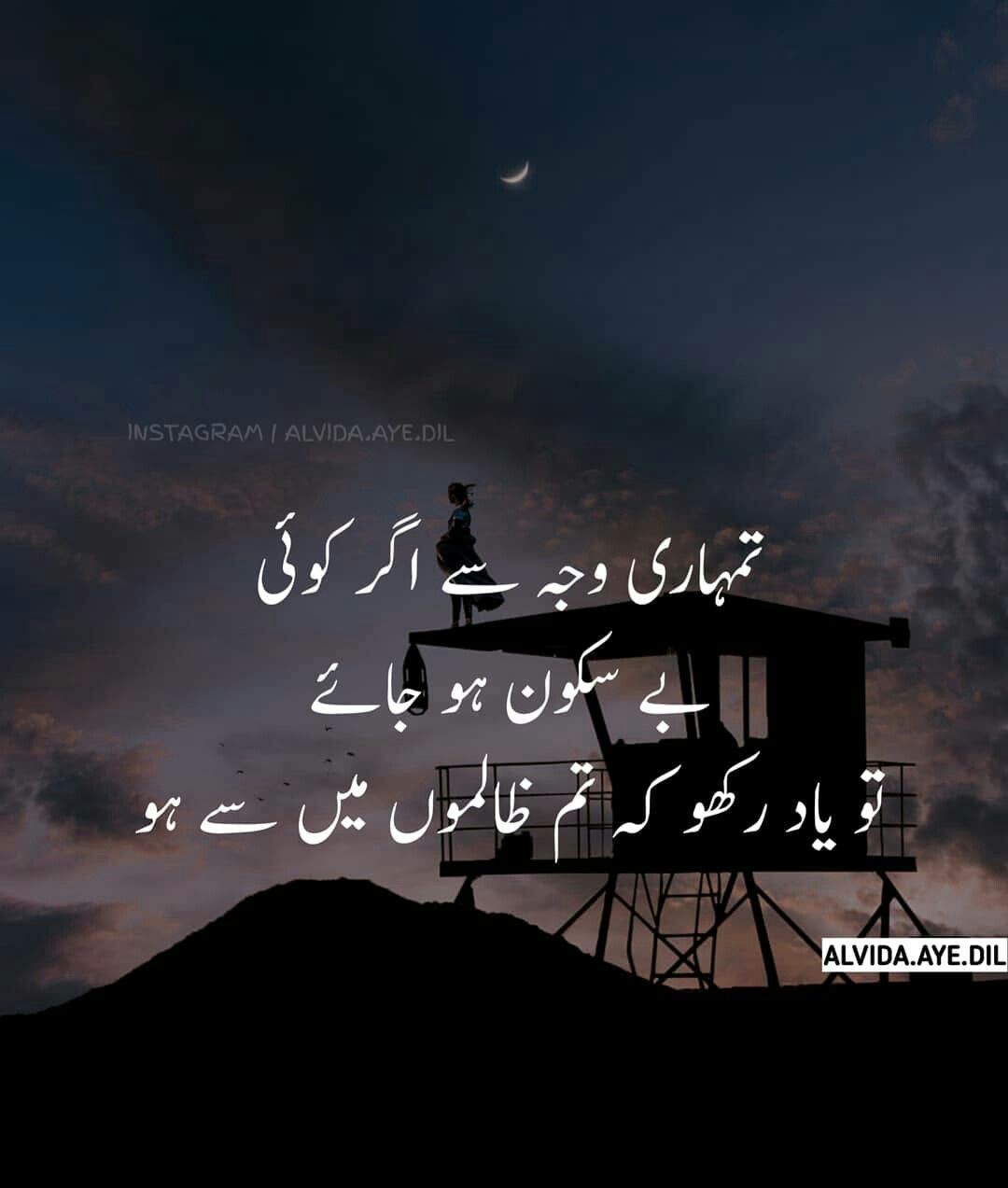
Zalim Quotes: Unraveling the Enigma of Cruelty
Introduction: Delving into the Realm of Zalim
In the realm of human emotions, cruelty stands as a stark and disturbing entity. Often characterized by a callous disregard for others’ suffering, it manifests itself in countless forms, from individual acts of violence to oppressive systems. Capturing the essence of this complex phenomenon, Zalim quotes offer a glimpse into the minds and motivations of those who inflict pain upon others.
A Journey Through the Darkness: Exploring Zalim Quotes
As we embark on a journey through the vast tapestry of Zalim quotes, we encounter a multitude of perspectives on cruelty. Some quotes delve into the depths of human depravity, while others seek to understand the roots of such behavior. Through these words, we gain a deeper comprehension of the intricate nature of cruelty and its far-reaching implications.
1. The Banality of Evil: Understanding the Ordinary in Cruelty
In the face of heinous acts of cruelty, we often struggle to reconcile the horror with the perpetrators’ seeming ordinariness. Hannah Arendt, in her seminal work, Eichmann in Jerusalem, coined the term "banality of evil" to describe this phenomenon. As she observed during the trial of Adolf Eichmann, one of the masterminds behind the Holocaust, his actions were characterized by a lack of imagination and moral reflection.
Arendt’s insights shed light on the disturbing reality that cruelty can be carried out by seemingly ordinary individuals, highlighting the importance of vigilant resistance against the forces of evil, no matter how mundane they may appear.
2. The Psychology of Cruelty: Unraveling the Motives Behind Zalim Behavior
What drives individuals to inflict pain upon others? Psychologists have proposed various theories to explain the psychology of cruelty. Some suggest that it stems from a desire for power and control, while others attribute it to a lack of empathy or moral development.
In his book, The Devil’s Bargain, Robert D. Hare explores the concept of psychopathy, a personality disorder characterized by a profound lack of empathy and remorse. According to Hare, psychopaths are more likely to engage in cruel and violent behavior due to their inability to understand the emotional suffering of others.
3. The Cycle of Violence: Breaking the Chains of Cruelty
Cruelty often perpetuates itself, creating a vicious cycle that can be difficult to break. When individuals are subjected to abuse or violence, they may internalize these experiences and become more prone to engaging in violent behavior themselves. This cycle can extend across generations, leading to a legacy of trauma and suffering.
Breaking this cycle requires a multifaceted approach that addresses the root causes of violence, including poverty, inequality, and social injustice. It also necessitates interventions that promote empathy, compassion, and conflict resolution skills.
4. The Transformative Power of Empathy: Cultivating Compassion in the Face of Cruelty
In the face of cruelty, empathy emerges as a powerful antidote. The ability to understand and share the feelings of others can help us to recognize the humanity in those who have been subjected to cruelty and to respond with compassion and support.
Empathy can also serve as a catalyst for social change, inspiring us to take action to challenge unjust systems and protect the vulnerable. By cultivating empathy, we can create a more just and compassionate world where cruelty is no longer tolerated.
5. The Call to Action: Resisting and Overcoming Cruelty in All Its Forms
Recognizing the devastating consequences of cruelty, we must rise up and take action to resist and overcome it in all its forms. This requires a collective effort that involves individuals, communities, and governments working together to create a world where cruelty is no longer tolerated.
We must speak out against injustice, challenge discriminatory attitudes, and promote peace and understanding. By standing together, we can create a world where compassion triumphs over cruelty and where all individuals are treated with dignity and respect.
Conclusion: Embracing Compassion and Rejecting Cruelty
As we conclude our exploration of Zalim quotes, we are left with a profound understanding of the complexities of cruelty. We have encountered the banality of evil, delved into the psychology of cruelty, and examined the cycle of violence. Yet, amidst the darkness, we have also found hope in the transformative power of empathy and the call to action to resist and overcome cruelty in all its forms.
Let us embrace compassion as a guiding force in our lives and reject cruelty in all its manifestations. Together, we can create a world where Zalim quotes become a relic of the past and where kindness, understanding, and love prevail.
Frequently Asked Questions:
- What is the significance of Zalim quotes?
Zalim quotes offer a glimpse into the minds and motivations of those who inflict pain upon others, shedding light on the complex phenomenon of cruelty. They can help us to understand the roots of such behavior, challenge our assumptions about cruelty, and inspire us to take action to resist and overcome it.
- How can empathy combat cruelty?
Empathy is the ability to understand and share the feelings of others. By cultivating empathy, we can develop a deeper understanding of the suffering caused by cruelty and be more motivated to take action to prevent it. Empathy can also help to break the cycle of violence by fostering compassion and understanding.
- What are some examples of Zalim quotes?
Some examples of Zalim quotes include:
- "Cruelty is a weapon of the weak." – Seneca
- "There is no crueler tyranny than that which is perpetuated under the shield of law and in the name of justice." – Montesquieu
- "The only thing necessary for the triumph of evil is for good men to do nothing." – Edmund Burke
- How can we prevent cruelty?
Preventing cruelty requires a multifaceted approach that addresses the root causes of violence, such as poverty, inequality, and social injustice. It also necessitates interventions that promote empathy, compassion, and conflict resolution skills. Additionally, it is important to challenge discriminatory attitudes and promote peace and understanding.
- What role do governments play in preventing cruelty?
Governments have a responsibility to protect their citizens from cruelty and violence. This includes implementing laws and policies that prohibit and punish cruel behavior, providing support services for victims of cruelty, and promoting education and awareness about the harmful effects of cruelty. Governments also have a role to play in addressing the root causes of cruelty, such as poverty and inequality.





